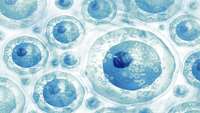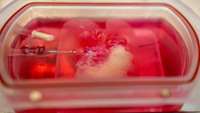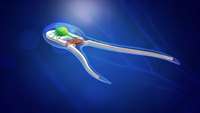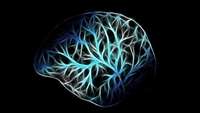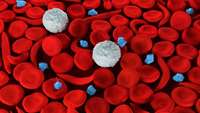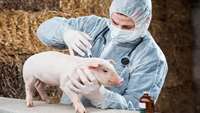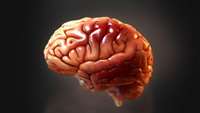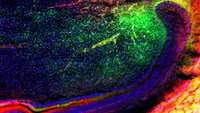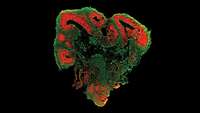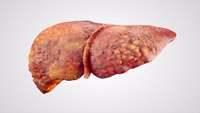Erectile function restored with cell therapy in preclinical model
Prostate cancer is the most common cancer in men, with radical prostatectomy as a commonly chosen course of action. The reported rate of erectile dysfunction after prostate surgery for cancer is reportedly as high as 90 percent. When first- and second-line treatments for erectile dysfunction fail, implantable penile prostheses are utilized.
Team first to grow genetically engineered mini livers to study disease and therapeutics
Researchers at the University of Pittsburgh School of Medicine are the first to grow genetically modified miniature human livers in the laboratory, to emulate human liver disease progression and test therapeutics.
Researchers build microscopic biohybrid robots propelled by muscles, nerves
In 2014, research teams led by mechanical science and engineering professor Taher Saif and bioengineering professor Rashid Bashir at the University of Illinois worked together to developed the first self-propelled biohybrid swimming and walking biobots powered by beating cardiac muscle cells derived from rats.
Single-cell transcriptional logic of cell-fate specification and axon guidance in early-born retinal neurons
Retinal ganglion cells (RGCs), cone photoreceptors (cones), horizontal cells and amacrine cells are the first classes of neurons produced in the retina. However, an important question is how this diversity of cell states is transcriptionally produced.
Targeting a blood stem cell subset shows lasting, therapeutically relevant gene editing
In a paper published in the July 31 issue of Science Translational Medicine, researchers at Fred Hutchinson Cancer Research Center used CRISPR-Cas9 to edit long-lived blood stem cells to reverse the clinical symptoms observed with several blood disorders, including sickle cell disease and beta-thalassemia.
MGH doctors perform first-ever live-cell pig skin graft to burn patient
Burn specialists at Massachusetts General Hospital are the first in the world to successfully use live-cell, genetically engineered pig skin to temporarily close a burn wound in a human patient — but the breakthrough has drawn opposition from People for the Ethical Treatment of Animals.
Scientists discover how chronic stress causes brain damage
Professor Yus team discovered for the first time that chronic stress causes autophagic death of adult hippocampal NSCs. Autophagy (self-eating in Greek) is a cellular process to protect cells from unfavorable conditions through digestion and recycling of inner cell materials, whereby cells can remove toxic or old intracellular components and get nutrients and metabolites for survival.
A new method of tooth repair? Scientists uncover mechanisms to inform future treatment
Stem cells hold the key to wound healing, as they develop into specialised cell types throughout the body—including in teeth.
Study links progenitor cells to age-related prostate growth
The prostates of older mice contain more luminal progenitor cells cells capable of generating new prostate tissue than the prostates of younger mice, UCLA researchers have discovered.
Positive results from first liver disease cell therapy trial
In a Nature Medicine publication, researchers from the University of Edinburgh’s MRC Centre for Regenerative Medicine (CRM; Edinburgh, Scotland) have reported promising results from the first clinical trial assessing the safety of a liver cirrhosis cell therapy


